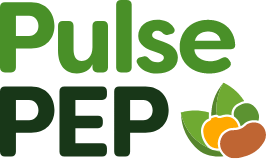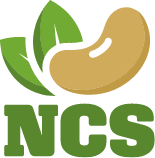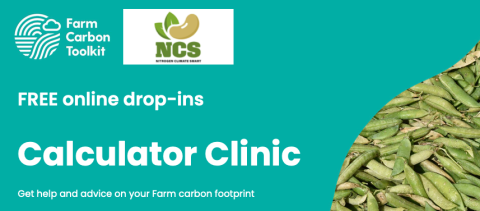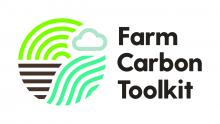Pick a date & save the link in your calendar
29th July at 10-11 am: https://us06web.zoom.us/j/87429978384?pwd=uxdfhGBGy4lyEu0zJottbWt4nAqbtB.1…
21st Aug at 1-2 pm: https://us06web.zoom.us/j/87594142164?pwd=PcvWypphvd4SJb8xKY7bUCFyP0gDz9.1…
19th September 9:30-10:30 am: https://us06web.zoom.us/j/83714075614
21st October 4-5 pm: https://us06web.zoom.us/j/87105681148
21st November 1-2 pm: https://us06web.zoom.us/j/86231499252





